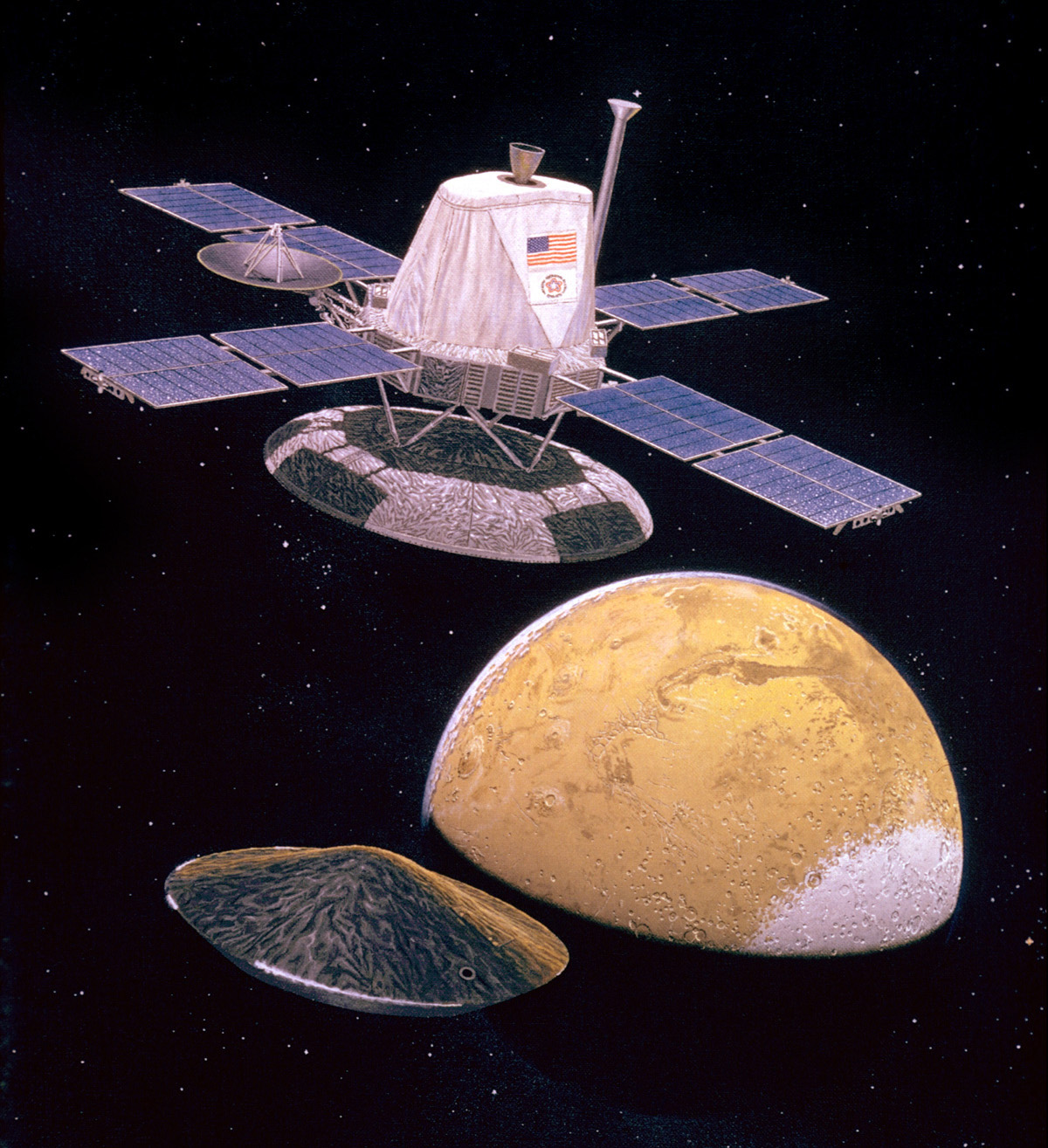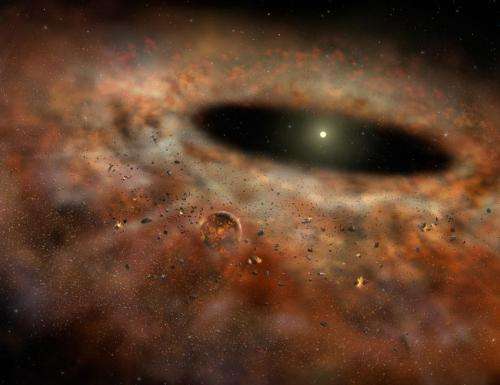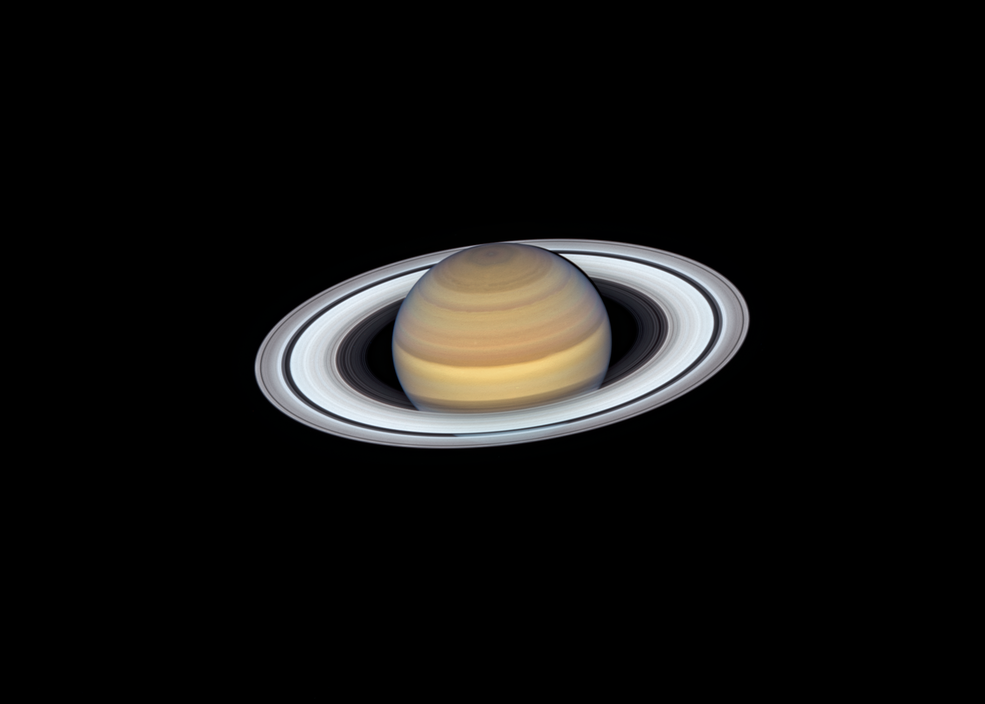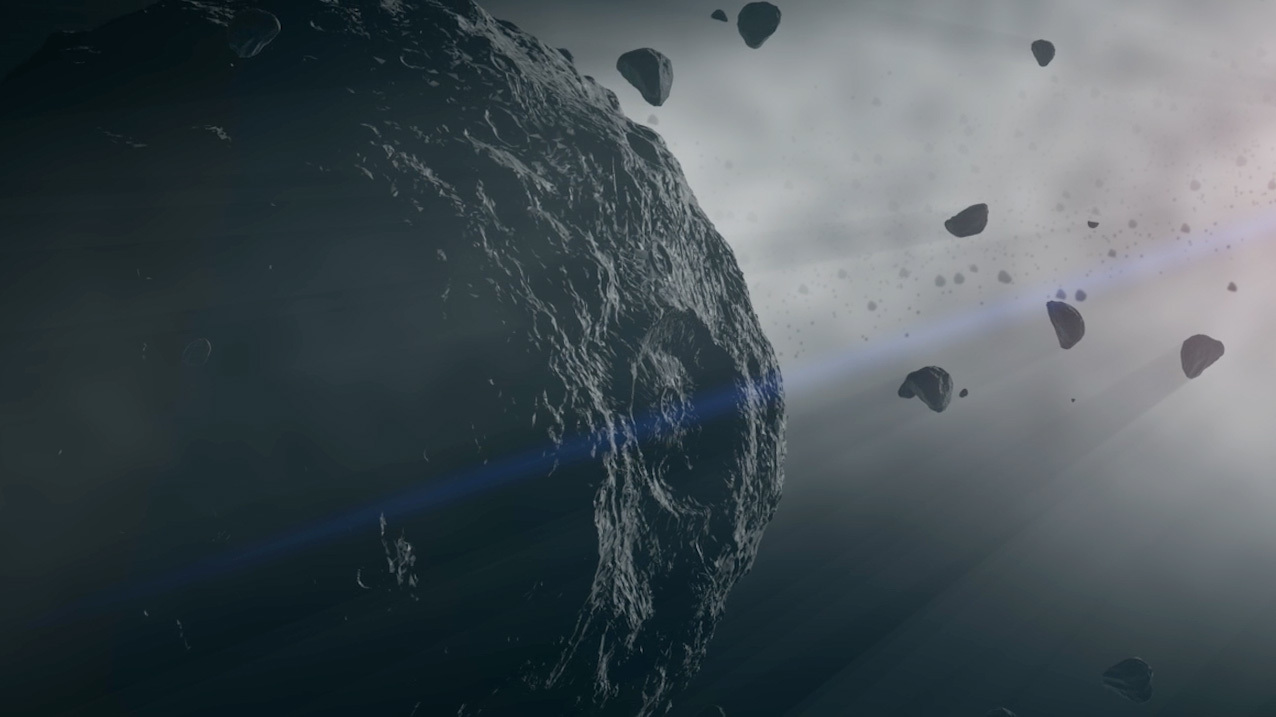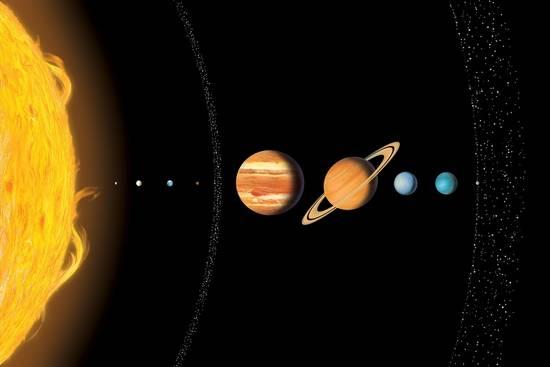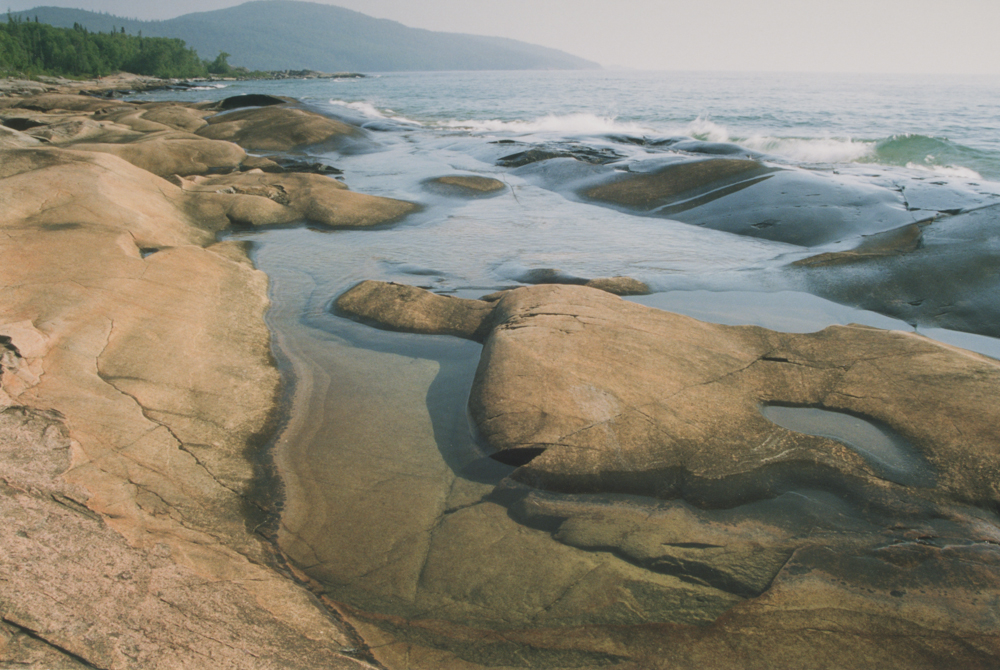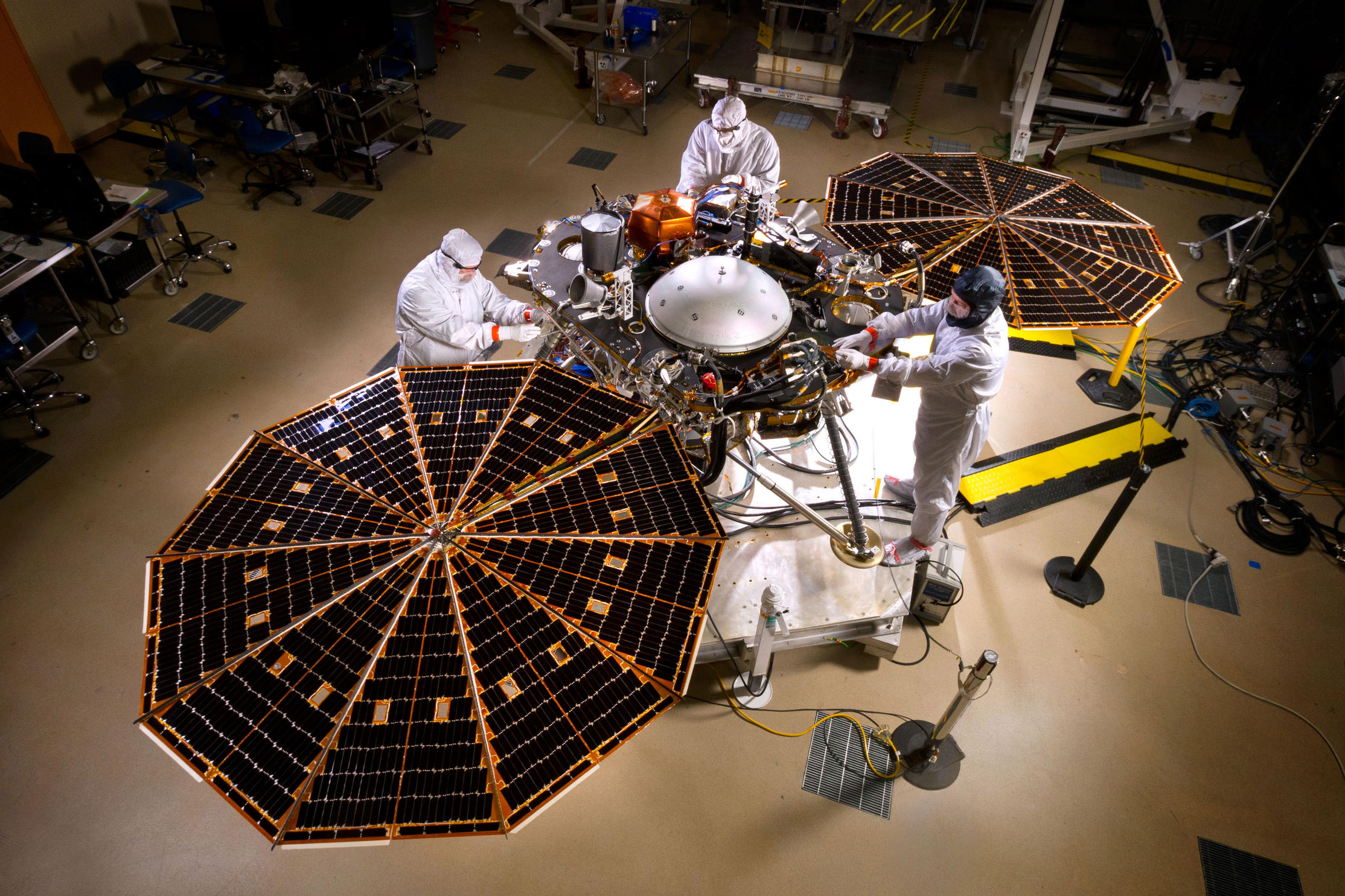Once again, another place where the Universe is going to make this difficult for us. Proving, once and for all that there’s alien life on another world. It should be straightforward, look for biosignatures, but it looks like there are natural sources that could explain almost any chemical we could hope to search for.
